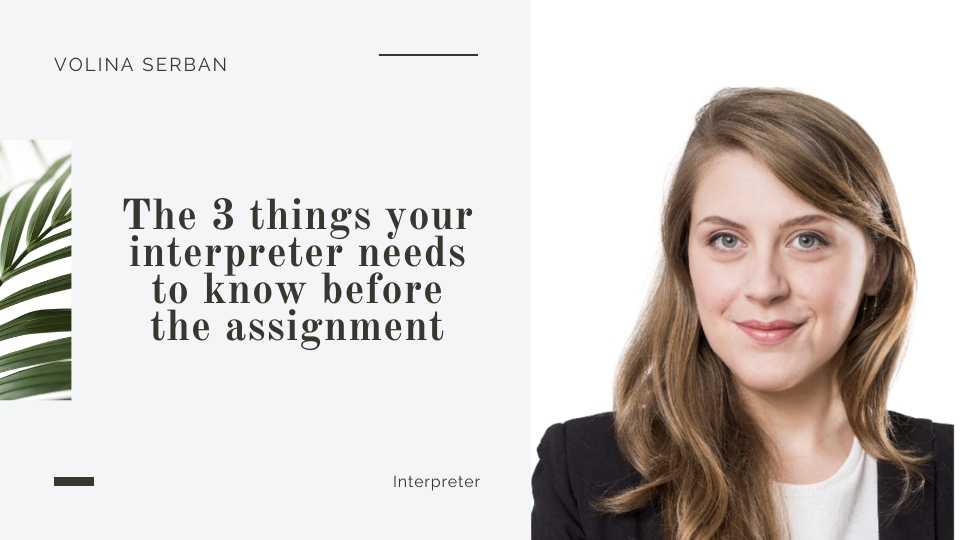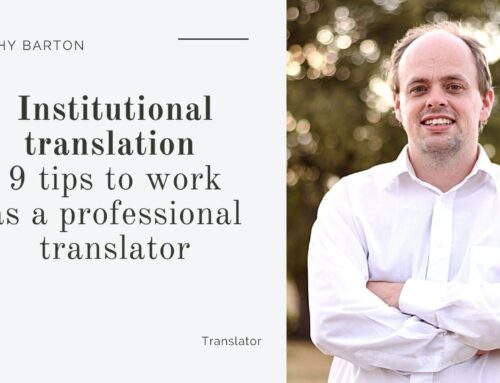You’re planning to organize an international event, and your guests speak different languages? While it might be tempting to use ‘international English’ as the language of communication, both research and practice have shown that, at the end of the day, it may not have the desired effect, since the participants will inevitably find themselves on various levels of proficiency. This impacts the way they understand the message immensely.
Since you definitely want all guests to be on the same page language-wise, and to process the information on a deeper level, the best way you can do that is to collaborate with professional conference interpreters. Interpreters are trained to convey even the finest language nuances accurately, and help you avoid awkward situations, such as standing before a huge audience and not being able to find the right word, or risking that some participants will understand only some bits and pieces of information.
If this is your first time, and you have never contacted a freelance interpreter for your events before, this article will provide you with a checklist to have at hand during the weeks before your conference.
1. First things first: The topic of the conference
When you decide to contact an interpreter for your event, make sure to state the date, the location and the topic of the conference. The latter is especially important to mention right away, since the language expert you’re contacting might not feel comfortable working on nuclear plants, for instance, when their main specializations are dentistry and medical equipment. Many interpreters do specialize and offer custom-made solutions to their clients, so you want to ensure that your interpreter is able to work on the topic of your event.
2. Assist your interpreter during the preparation
Preparation is half the work an interpreter does. Being a language expert doesn’t mean that one can talk about anything in the world using specialist terminology right off the bat. It’s crucial to remember that what might be obvious to you as an expert in your field is a new world to anybody else.
Therefore, let your interpreter help you by providing them with all necessary materials: names of the speakers, their Power Point presentations, links to reference websites, and basically any other documents that you have and might help the other person get a clearer picture of what everything is about.
Don’t underestimate this step and simply reassure your interpreters that ‘there’s not going to be anything too difficult.’ The rule of thumb here is: better safe than sorry, or in other words, better send too many preparation materials than too little.
3. Notify your interpreter any last-minute changes
As it’s often the case with conferences and events in general, there will invariably be some last-minute changes to the schedule, announced speakers, or even speeches. You want your interpreter to learn about these changes in due time, so that they can adapt their preparation accordingly. For instance, if a speaker decided to address another topic the evening before the event, make sure that the interpreters are aware of that and, if available, receive the new presentation / documents.

Your interpreter is your ally
When working with interpreters, it’s essential to bear in mind that they are your allies. They want to make you sound your best in the language(s) of your audience and contribute to the success of your event. In order to do that, they need your support. The more information you give them in advance, the more prepared they will be on the big day. Thus, it’s to your advantage to ensure a smooth communication with the interpreters before and during the event. If you help them, they will help you.





Leave A Comment